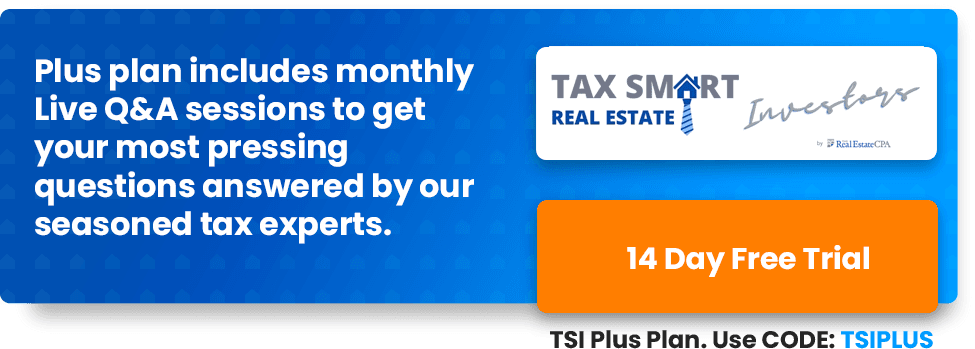Table Of Contents
Real estate strategies really run the gamut, and investors pursue strategies that are diverse across the board. Some people are flipping properties, others are building portfolios, and others are trying to get value out of a transaction process.
Within that context, though, there are a large number of operators who are what you might call buy-and-hold real estate investors.
That means that they are holding onto their properties for the long run, not trying to flip them, and not trying to continually turn properties to arbitrage their values from day to day.
Landlords, For Example
We would say that the vast majority of buy-and-hold real estate investors are landlords.
After all, if you don't plan to live in a property and you don't plan to sell it, rental is far and away the most practical option.
Granted, short-term property rental in the form of services like AirBnB has increased in past years, and it's possible to use a buy-and-hold property as an event space, but classical rental still has a predominant place in the housing and real estate markets.
Helping Buy and Hold Real Estate Investors
Here's where we come in. Long-term buy-and-hold real estate investors need professional tax preparation and accounting assistance and planning. Unlike a simple wage, where generic payroll systems help with tax accounting, real estate is something where the details of tax work really make a difference.
We help these buy-and-hold real estate investors with strategic tax accounting, with working with tax brackets and other practical aspects of tax filing.
As we go, we see how this works for people who are getting passive income out of long-term real estate holdings. That allows us to refine our approach more, and improve what we do for our clients
For a practical look at how this works, think about your annual tax filing. How do you report rental property or long-term real estate income? Is it on a schedule C? Do you have a limited partnership in place?
Looking at the way that the tax accounting flows from the 1040 to additional documents and forms, you can see how creating real estate investment structures in annual filing would change your tax requirements.
We consult with our customers on a detailed basis to figure out what's best for their annual reporting strategies. There are so many factors in play that it takes a professional eye and a dedication to detail to do this type of tax accounting the right way. That's our dedication and our commitment to you!
Take a look and ask us any questions you may have about how this applies to your personal real estate strategy.

